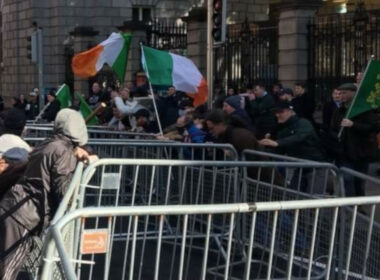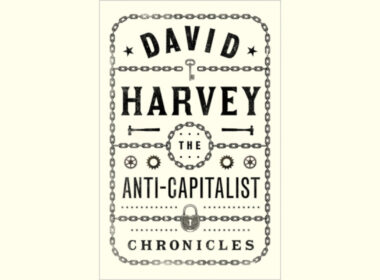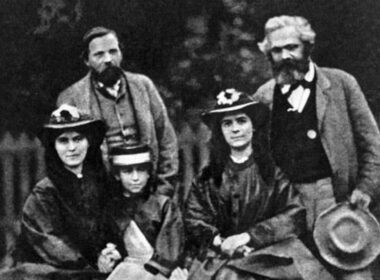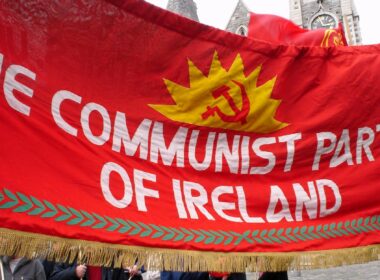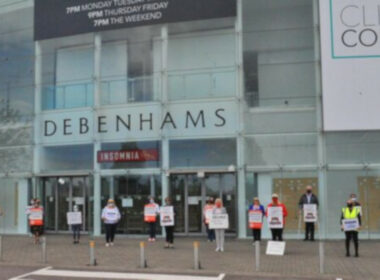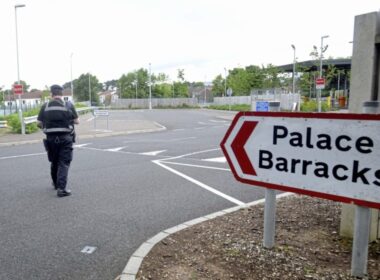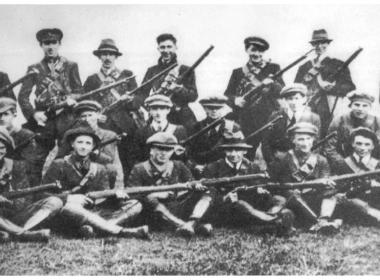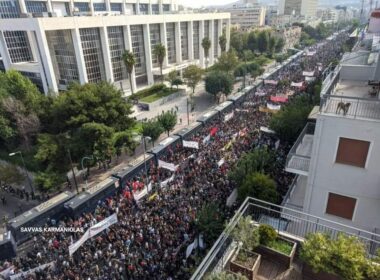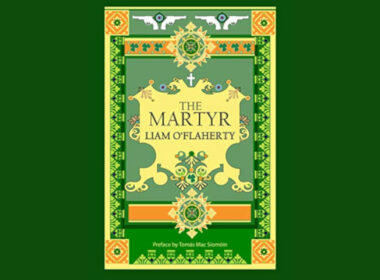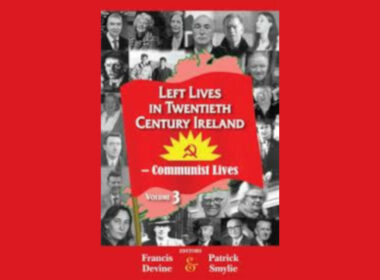With the rise of the far right it is worth considering the issue of identity politics and the left. This, Eoin McDermott argues, is a type of politics that takes identity, often essentialised, as the central category for organisation and analysis. Its left-wing variant is
Previous Articles
Setting our sights low
FOR ANYONE in the Anglophone world with an interest in Marx or political economy, David Harvey is probably a figure who needs no introduction. The British professor, who celebrated his 85th birthday on 31 October, is one of the most prominent theorists and spokespersons of the contemporary Western left, whose studies of Marx’s Capital
Engels and marriage
FRIEDRICH ENGELS, whose 200th birthday falls on 28 November, had a very personal connection with Ireland. Soon after being sent to help run the family textile factory in Manchester in 1842 he met twenty-year-old Mary Burns, daughter of an Irish dyer. Engels’s friend the revolutionary German poet Georg Weerth wrote a poem about Mary after he met the couple.
Who said that?
“Instead of becoming distracted by the ‘threat’ of populism, we should do more to . . . represent the concerns of citizens and to deliver effective and timely policy solutions.”
From A to B, and everything in between
The Communist Party of Ireland has, time and time again, shown its analysis of capitalism and imperialism to be correct. Where we have been able to intervene and make a contribution to the wider political movements, debates and campaigns we have actively intervened in what were popular reformist demands, shifting them to transformative ideas and demands, in a number of crucial areas: (1) repudiating the debt,
(2) austerity is working, (3) the triple lock of imperialism, (4) public ownership of water enshrined in the Constitution,
(5) universal public housing, and (6) repeal of the Industrial Relations Act, to name a few. Eoghan O’Neill reports
The Industrial Relations Act must go
The 1990 Industrial Relations Act act puts the balance of power firmly on the side of employers and leaves workers powerless during industrial disputes and dependent on the judiciary finding in their favour. Jimmy Doran reports
Licensed to kill
ACCORDING TO the BBC, “MI5 has up to 700 staff in Northern Ireland based at regional headquarters in Holywood, County Down. It took over the lead role in intelligence gathering on ‘dissident republicans’ from the police in 2007. The operational framework was set out as part of the St Andrews Agreement a year earlier.”
The sectarian virus
NEXT YEAR the unashamedly right- wing and sectarian Orange Order will mark the centenary of the creation of the Northern Ireland statelet with “a massive number of events,” the centrepiece of which will be a huge parade from Stormont in May 2021.
Celebrating the people’s struggle for a progressive republic
COVID-19 has not been all bad news for those who govern Ireland’s 26-county state. Apart from giving Leo Varadkar and Micheál Martin continuing opportunities to pose solemnly in front of the television cameras it has allowed the Irish establishment to quietly ignore seminal events of a century ago.
War on women
“Cogadh ar Mhná” [war on women], a documentary that TG4 broadcast at 9:30 p.m. on 23 September, describes how sexual violence was used against women during the War of Independence and the following Civil War. More heartbreaking are the words of the women themselves, women who often didn’t have the […]
Biggest Nazi Trial Since Nuremberg
first published in Morning Star The biggest trial of fascist criminality since Nuremberg has resulted in the resounding conviction of Greek neonazi party Golden Dawn as a criminal organisation. The roars of approval at the guilty verdicts from about 10,000 protesters on Alexandras Avenue outside the main court complex in […]
Communist youth movement in action
Members of the Democratic Youth Federation of India in the state of Kerala raised €1.2 million by running a recycling campaign in which they collected scrap from around the state and sold it for recycling. Ever since the beginning of the covid-19 pandemic, left-wing youth organisations around the world have […]
A changing of the guard?
Admittedly we can only ever be certain of death and taxes. With that caution in mind, though, it’s safe to say there is abundant evidence that the once all-powerful Fianna Fáil is sitting on the edge of a political precipice. Over the past decade, its share of the vote at […]
The possibility of a perfect storm grows
The economic crisis facing the Government continues to grow. While economic data paints a much rosier picture of the economy, thanks to the dominance of foreign direct investment (i.e. transnational corporations), the pandemic is having a wider and more lasting impact on the domestic economy, in particular on small and […]
The last of Liam O’Flaherty’s banned novels to see the light
■ Liam O’Flaherty, The Martyr, Nuascéalta, 2020 With this sensational republication of The Martyr, Nuascéalta completes its epic task of restoring the remaining three major O’Flaherty novels banned by the Irish state. The other two novels reprinted were the first book to be banned under the Censorship of Publications Act […]
Communist lives
■ Francis Devine and Patrick Smylie (editors), Left Lives in Twentieth-Century Ireland, vol. 3: Communist Lives, Dublin: Umiskin Press, 2020. The Communist Party of Ireland will celebrate a hundred years of Irish communism in 2021. This book is a welcome contribution to the centenary of the party. After the counter-revolutions […]

